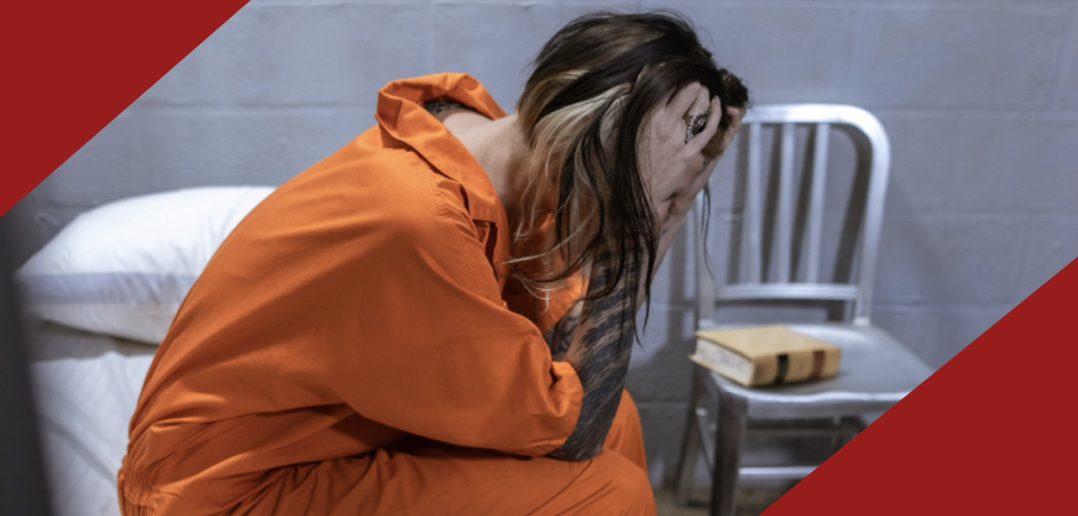
A Review of Manifesting Justice
By: Andrea L. Nevares Acevedo*
In Manifesting Justice,[1] innocence litigator and former federal prosecutor, Valena Beety, explores how an already punitive American justice system wrongfully or abusively criminalizes women, especially queer women, women of color, and women who struggle with substance abuse disorders. In this book, published by Citadel in 2022, she also explores the long and uphill battle these women must face to prove their innocence, factual or legal, in order to reclaim their freedom.
The author uses two parallel narratives to criticize not only the American justice system’s bias towards women, but also the innocence movement’s focus on absolving the factually innocent—a person innocent of committing the facts that led to the charges against them—especially those with available exculpatory DNA evidence. This, without accounting for the legally innocent—whereby one or more procedural or legal bases to support the sentence given to the person convicted of a crime are absent—and the people who have suffered systemic abuses, such as over-charging, pressure to make bad plea deals, and over-sentencing.
In the first parallel narrative, Beety delves into the story of Leigh Stubbs and Tammi Vance, two women who were convicted and incarcerated for a crime that they did not commit. In 2000, three women, Leigh, Tammi, and Kim Williams, meet in Caddy Hill Recovery Center, an alcohol and drug treatment center in Mississippi. Upon completing their rehabilitation program, the women leave the center, and twenty-four hours later, Kim overdoses. Leigh and Tammi call for help and Kim is given life-saving Narcan but falls into a coma. The county doctor who attends to Kim at the hospital sees marks on her body and suspects she may have been sexually assaulted. Who does he call to confirm his suspicion? Dr. West—a dentist. He finds what he alleges are bite marks all over Kim’s body, including in her inner labia. He videotapes Kim’s naked body in minute detail while she is in a coma, objectifying her, the victim, and formulating his theory of two “deviant” lesbians, Leigh and Tammi, who had sexually assaulted her, demonizing their identities. This assertion would be only the first of the unfounded theories that Dr. West would espouse regarding the alleged crime, all of which he stated with “absolute certainty”—a standard unachievable in empirical science. As the author follows Leigh and Tammi through the fateful day Kim overdosed, and the subsequent investigation, trial, conviction, and incarceration, she exposes the reader to the faulty, often incredible, “evidence,” such as Dr. West’s testimony and grainy security footage, that led to their wrongful convictions and how their lesbian identity played a key role in it.
In the second parallel narrative, Beety explores the systemic flaws that lead to wrongful convictions, such as junk science, misidentifications, and false testimonies, and how these flaws disproportionately affect women, whose bodies are seen as controllable objects, their sexual lives demonized, and their identities criminalized. She also identifies some of the massive hurdles wrongfully convicted people must overcome in order to regain their freedom, and some ways they could, and should, be less onerous. Here, the author relies on real cases and statistics to expose the double standard women are exposed to when they are entered into a criminal procedure. For example, ninety-one percent of human trafficking survivors have then been arrested for a sex offense, forty-two percent of these have been minors. Thus, the author explains how the criminal justice system criminalizes the people it purports to protect, and how these people are usually women in disadvantaged or marginalized positions in the community. Women with substance abuse disorders who become pregnant are criminalized for their substance use instead of being provided with alternatives, such as access to effective treatment or abortion. Trans and queer people are disproportionately targeted, and arrested, for low level crimes such as vagrancy or shoplifting. While more men are incarcerated than women, when women are targeted by the system, they face the control of their bodies, the criminalization of their identities, and the demonization of their sexuality.
Through these narratives and through an intersectional approach that recognizes the compounding effects of the confluence of marginalized identities in a person, the author contends with the issues that lead to wrongful or unfair convictions for women, people of color and queer folks, and seeks solutions to minimize their prevalence and facilitate their liberation. Some of the solutions or changes she proposes include: (1) the recognition that substance abuse, and substance abuse by pregnant people, is a public health issue, not a criminal justice issue and not a moral failure, (2) the expansion of habeas corpus to allow for a longer filling period and for the courts to look at these petitions in light of the “evidence as a whole,” not just each aspect on its own, (3) passing laws to vacate prostitution related charges that unfairly target women and trans people, many of whom are survivors of trafficking, (4) expansion of community engagement and organization to push for clemency, and (5) encouragement for prosecutors to acknowledge wrongful convictions and disuse Alford pleas—guilty pleas containing a protestation of innocence used by prosecutors to get a conviction even in the face of a previously vacated wrongful conviction. Her two most compelling proposals, however, are the expansion of manifest injustice—where judges can set aside charges or vacate convictions based on examining a case as a whole and determining that a miscarriage of justice has occurred which makes it untenable to continue pursuing the case or continue a person’s incarceration—and the expansion of innocence work to focus on not only the factually innocent, but also the legally innocent and the over-charged, the pressured to plea and the over-sentenced.
While Valena Beety’s proposals in this book could be seen as a reformer’s prescription for a faulty system, she never truly enters the debate about reforming or abolishing the criminal justice system as it stands today. Instead, her book serves as a practical guide, nurtured through her experience and thorough meticulous research, to fight against wrongful convictions and to provide more avenues for the liberation of the wrongfully convicted in the broadest sense of the phrase, not only those with available exculpatory DNA evidence. Manifesting Justice is a factually sound and narratively compelling book which will show readers, through vivid and heart wrenching examples, the bias and double standard women, people of color and queer folk face when entering the criminal justice system. May it serve as a stepping stone in the furtherance of the fight for justice for the women who remain incarcerated despite their innocence.
* The author is a third-year law student at the University of Puerto Rico School of Law. She graduated in 2018 from New York University with an Honors Bachelor in International Relations. This review was written as part of the requirements for the course ADN Post Sentencia, taught by Dr. Iris Y. Rosario Nieves.
[1] Valena E. Beety, Manifesting Justice: Wrongly Convicted Women Reclaim Their Rights (2022).




